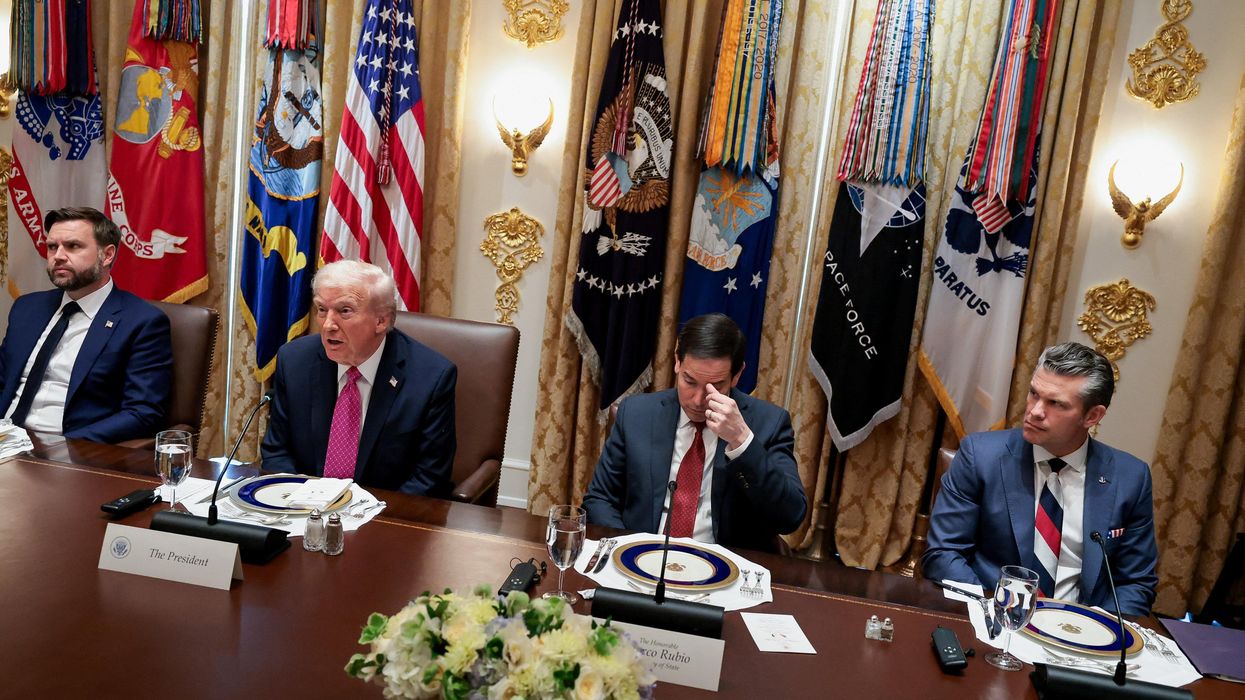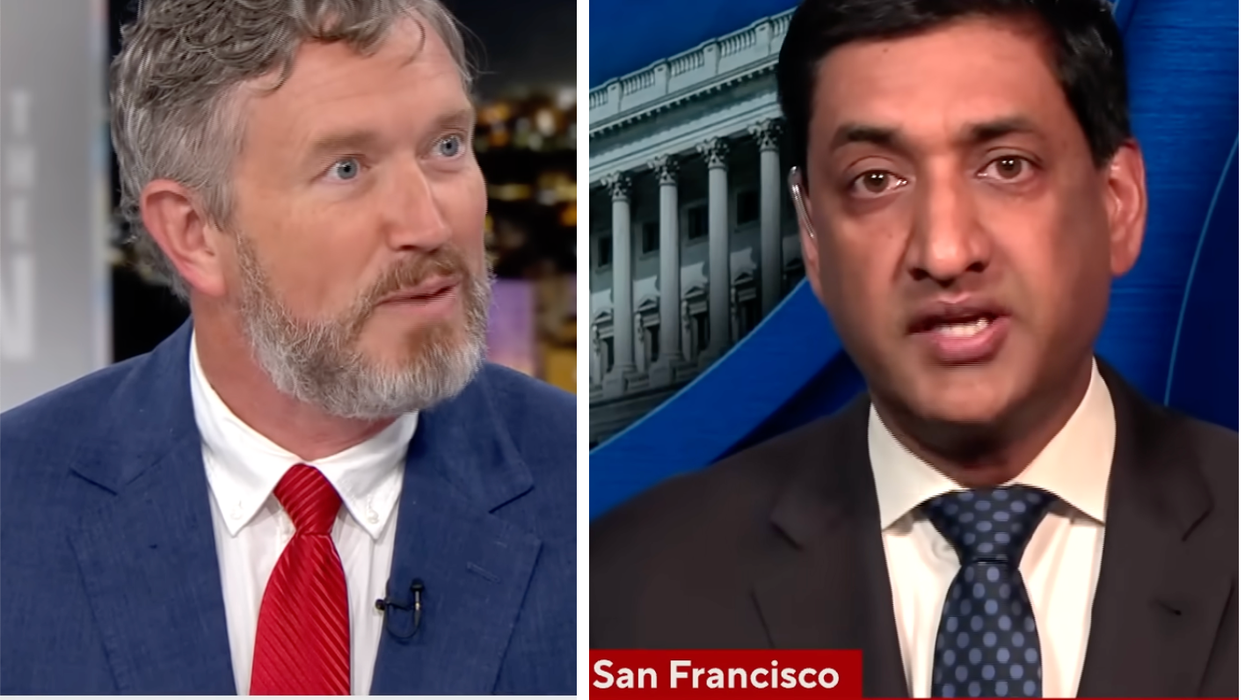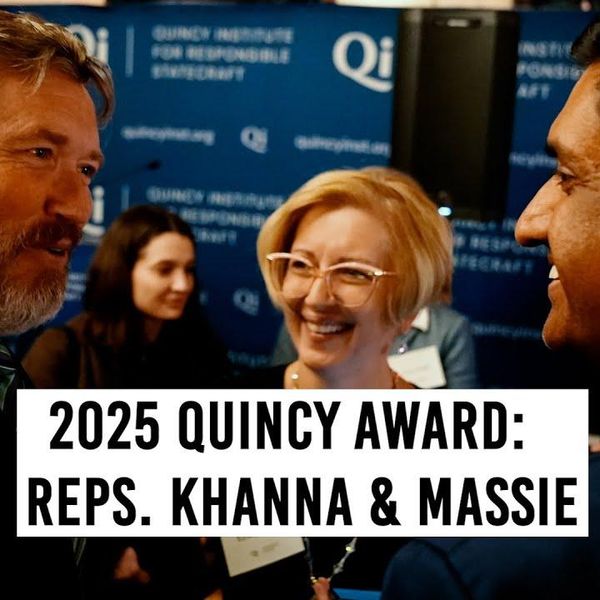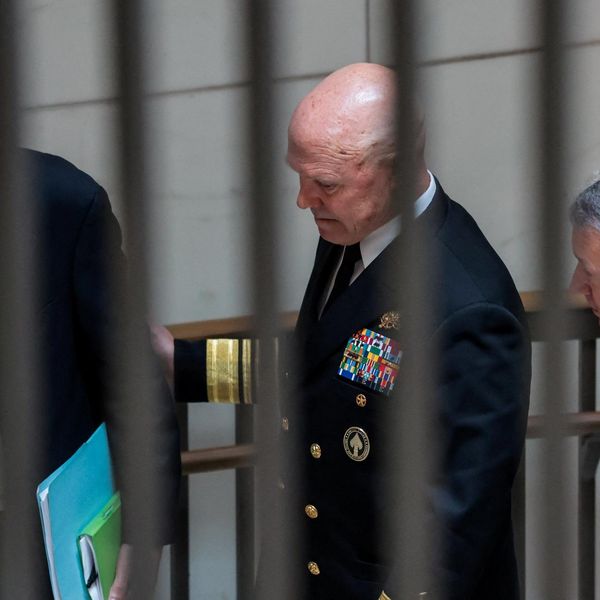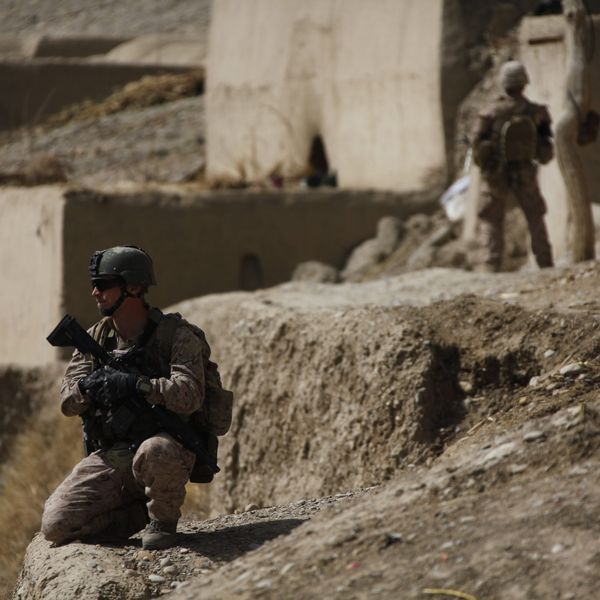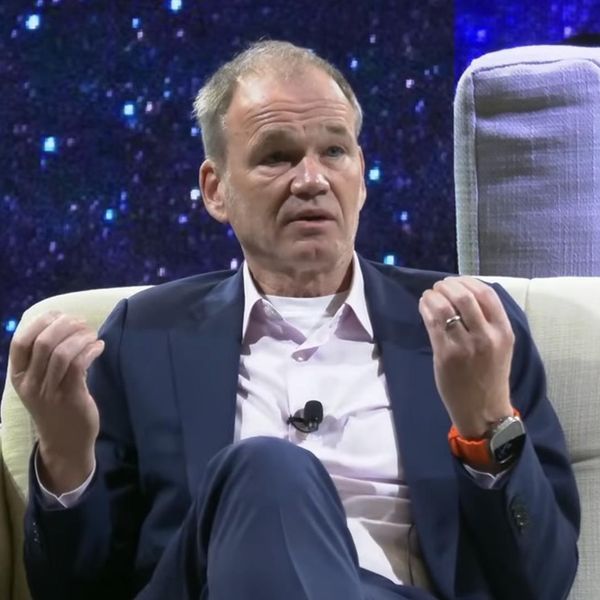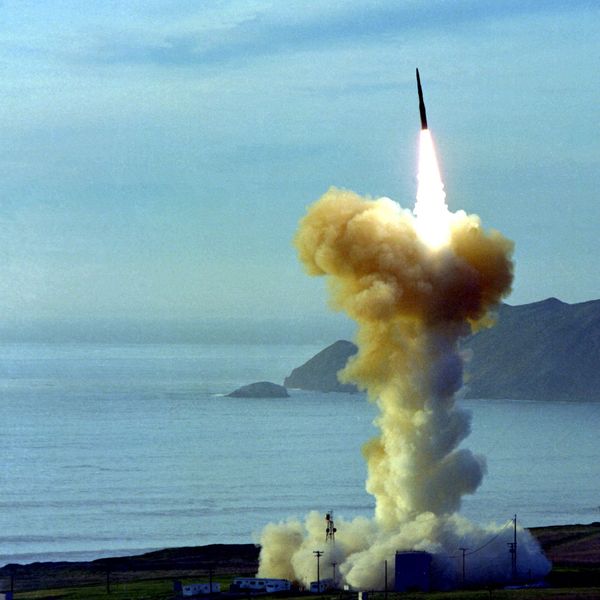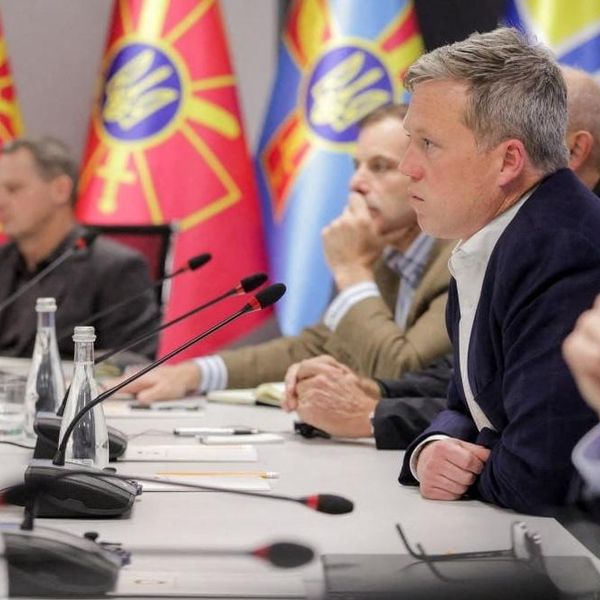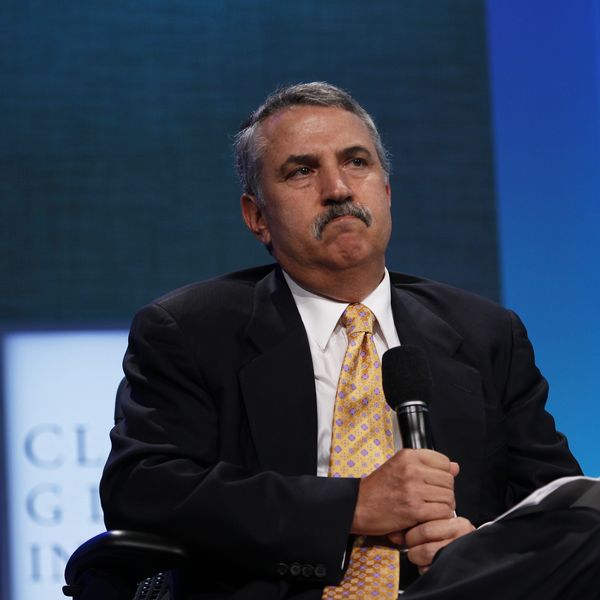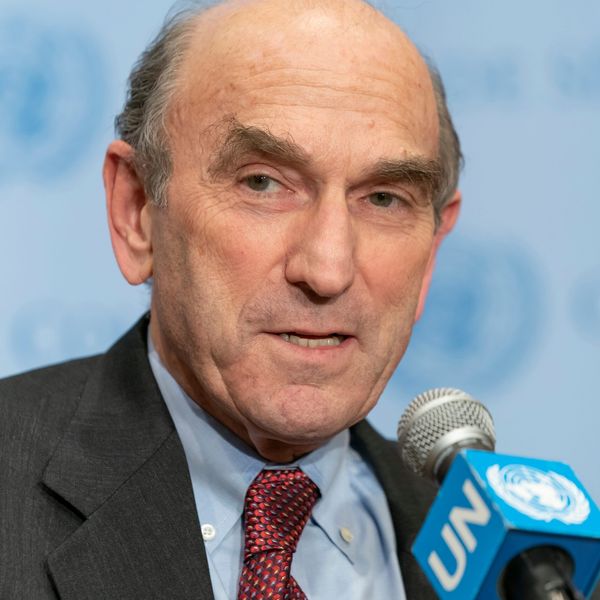In its first six months the Biden administration has moved to undo much of the damage done by his predecessor’s “America First” unilateralism, realigning U.S. policies more closely with those of its Western allies and resuming some of former President Obama’s approaches to international issues. But there remains one country where the administration’s approach appears frozen in aspic: Cuba.
That became abundantly clear last week when the U.S. delegation at the United Nations General Assembly voted against a resolution condemning Washington’s 60-year-old trade embargo against the island. No less than 184 countries voted for the resolution; only Israel joined Washington in opposition — essentially confirming that, on Cuba, Washington is at odds with “the international community” that Biden has pledged to embrace and that former President Trump held in such contempt.
That “no” vote, a striking departure from Obama’s decision to abstain on the same resolution in 2016, appears to confirm that the Biden administration intends to maintain Trump’s punitive policy of tough sanctions against the island, at least for now, a choice that appears more related to domestic politics than to enduring U.S. foreign policy interests.
The Obama administration had launched a process of normalizing relations with Cuba in December 2014. Bilateral talks began, embassies were reopened, U.S. travel and trade restrictions were eased, and, in 2016, Obama visited Cuba, the first sitting American president to do so since Calvin Coolidge.
That was followed by the decision to abstain on the U.N. anti-embargo resolution on which the U.S. representative had voted “no” — to the frustration of all but a tiny handful of the world’s nations — each year from 1992 to 2015. “Rather than try to close off Cuba from the rest of the world, we want the world of opportunities and ideas open to the people of Cuba,” explained then-U.N. ambassador (and current USAID Administrator) Samantha Power during the 2016 debate. She received an extraordinary standing ovation from the other delegations.
From the outset, the Trump administration, set about rolling back moves by Obama to improve relations with Cuba: in addition to voting “no” for four years on the U.N. resolution, it limited remittances that Cuban Americans could send to relatives, restricted “people-to-people” travel under which U.S. citizens could visit the island, pressed foreign financial institutions to limit transactions with Cuba, and drastically reduced staff at the U.S. Embassy, citing a series of still-unexplained health incidents that afflicted some U.S. officials in Havana. In one of its last acts, the administration put Cuba back on a terrorism sponsor list, alongside Iran, North Korea, and Syria, from which it had been removed in 2015.
Trump’s aggressive policy on Cuba, motivated by a combination of ideological animus and electoral expedience, was no surprise, particularly given his apparent personal obsession to reverse key policies pursued by Obama, such as the nuclear deal with Iran. Senior Trump advisors, including National Security Council officials like John Bolton and Western Hemisphere advisor Mauricio Claver-Carone, were well known Cuba hawks.
Though the Biden administration has announced a review of these moves, it has thus far failed to reverse any of them, effectively leaving Trump’s pressure policy in place.
This stasis not only undermines Biden’s avowed commitment to multilateral initiatives to address hemispheric and global problems, such as climate change and the COVID-19 pandemic. It also makes a mockery of Biden’s own campaign promise to “reverse the failed Trump policies that inflicted harm on Cubans and their families.”
Cuba itself is facing serious economic difficulties and real humanitarian concerns, including severe shortages of food and medicine, scarcities made worse by both Trump’s sanctions and by the revenue loss from the COVID pandemic lockdown. Most negatively affected have been Cuban women, according to a recent Oxfam report, which also stressed that U.S. sanctions have made it more difficult for Havana, which is currently suffering among the highest infection rates in the Caribbean, to deal with the pandemic, because sanctions can prevent critical inputs for testing and domestic vaccine production. Biden should be particularly responsive to these problems given his emphasis on women’s rights and claims to leadership in rallying an international response to COVID.
Moreover, further delay in lifting Trump-era sanctions (much like the administration’s delay in lifting Trump’s non-nuclear-related sanctions against Iran), serves only to promote distrust of the United States among the Cuban population and bolster the most hardline forces within the government. Today, following four-and-a-half years of tightened U.S. sanctions, both Cuba’s traditional dissident community and the nascent social movements — among artists and cultural workers, LGBTQ activists, and others — that emerged amid détente with Washington find their space for public debate and free expression more constrained than it was in 2016.
It’s hard to see what maintaining current policy can accomplish. Sixty-plus years of U.S. sanctions have clearly failed to weaken — let alone overturn — the existing political order, as the embargo was first intended to achieve. As difficult as are the current challenges that Cuba faces, it is not unstable or on the verge of a popular upheaval. Indeed, the historical record suggests that reduced U.S.-Cuban tensions and greater engagement are positively associated with internal reform and increased political openness. Moreover, Obama’s period of détente saw significant increases in bilateral law enforcement, security, and environmental cooperation.
Senior administration officials have insisted that Biden still intends to fulfill his campaign commitments on Cuba but that more pressing foreign policy challenges — from returning to the Iran nuclear deal and ending “endless wars” in the Greater Middle East, to addressing climate change and relations with China and Russia, not to mention continuing immigration from Central America — must be given priority.
Moreover, unlike 2014, when virtually all of Latin America, particularly the loose bloc of “pink tide” countries and Brazil, were clamoring for a change in U.S. policy, and Havana was playing a key role in the peace process in Colombia, the region is more fractured politically today.
But while these factors are real, the administration’s apparent resistance to moving more quickly to engage Havana and reinstate the more constructive and humane policies pursued under Obama may unfortunately be best explained by domestic politics.
First, New Jersey Democratic Sen. Robert Menendez, the son of Cuban immigrants who has been a militant and outspoken opponent of normalization with Havana, chairs the Foreign Relations Committee, a critical position for determining the fate of the administration’s ambassadorial nominations and congressional consideration of key foreign policy issues in a chamber that is so closely divided along partisan lines.
Secord, Democrats looking at the 2022 midterm elections worry that their party’s chances of winning Florida’s Senate seat, governorship, or two House seats that they narrowly lost in 2020 could be jeopardized by relaxing Cuba policy. After all, Trump carried Florida last year, albeit narrowly, with a highly targeted and successful campaign directed at Hispanic communities that used images of shortages in Cuba and violence in Venezuela, linking them to the argument that Biden was a socialist who would bring similar chaos to the United States, to great effect.
These domestic factors are real (though they are sometimes overstated). But the costs — in human terms in Cuba and damage to Washington’s own international image — are real as well. While it is politically tempting to put the issue off until the next set of elections, that risks becoming a strategy of permanent inaction.
The administration’s challenge is to manage domestic politics without holding sensible policy changes hostage. The first step should be to act on the immediate issues, those that have a humanitarian impact and that matter to Cuban Americans, with a focus on enabling remittances, expanding travel, and restaffing the consular section in the Havana embassy.



